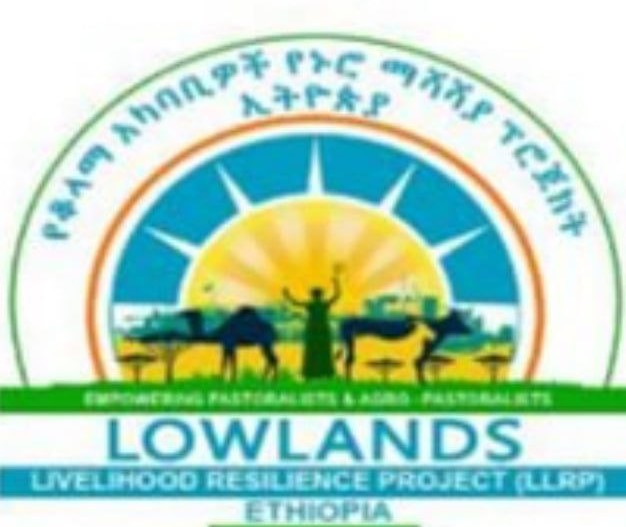About Us
The Somali Lowlands Livelihood Resilience Project (LLRP) is a multi-phase initiative, with Phase I (LLRP I) beginning in 2019 and Phase II (LLRP II) starting in 2024. The project is designed to enhance the livelihoods and climate resilience of pastoral and agro-pastoral communities in Somali’s lowlands. LLRP aims to provide sustainable solutions to socioeconomic and environmental challenges in 40 woredas of the Somali region.
Funded by the World Bank and the International Fund for Agricultural Development (IFAD), the project operates in eight clusters: 40 woredas LLRP II and 36 woredas LLRP I.
LLRP I focused on building foundational resilience, and LLRP II builds on this foundation by expanding support for climate-smart technologies, disaster risk management, and integrated rangeland management.
LLRP is driven by the vision of a sustainable, resilient, and inclusive development path that improves livelihoods, enhances food security, and strengthens the economic participation of marginalized communities, including women and youth.
